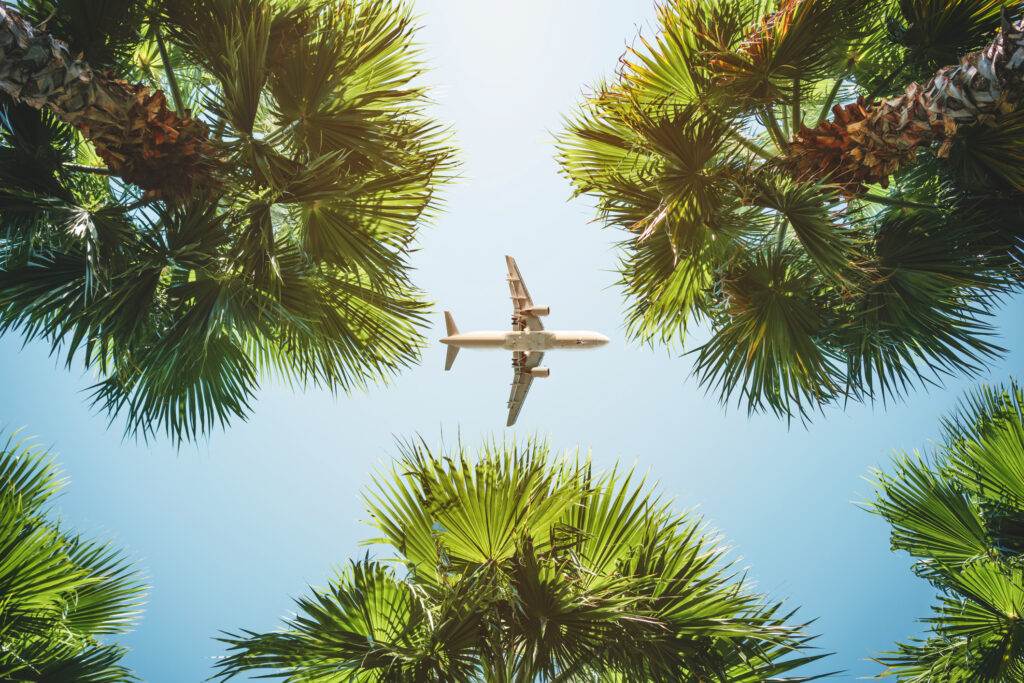One in five Brits blamed the government for the travel chaos during 2022, when long queues, tedious delays and widespread cancellations disrupted thousands of holidays.
Airlines took the flak from one in six (16.5%) of consumers, while airports and airport staff were blamed by 14.8%, according to research released today (7 November) by World Travel Market London, the leading global event for the travel industry.
Pollsters quizzed 2,000 people on behalf of World Travel Market London, asking: “Who do you blame for the travel chaos during 2022?”
‘Government’ was the top answer (22.2%) followed by the airlines – but a magnanimous 15.4% said ‘I don’t blame anyone’.
Brexit was to blame, according to one in seven (13.5%), while one in ten (10%) pointed the finger at low wages in the travel industry.
Travel companies in general were blamed by 6.3%, while just 1.5% cited passengers who’ve forgotten how to travel.
However, the blame game appears different across the generations – with the highest proportion blaming the government among the youngest respondents.
More than a third (34.5%) of those aged 18-24 blamed the government, as did 30.5% of those in the 25-34 age group. The rate fell to 16.5% for those aged 55-64 and as low as 8.7% for the 65+ age bracket.
The survey also asked consumers about the issues they faced when booking a holiday, with most replies (58.4%) citing flight availability. A third pointed to airlines changing flight times (33.9%), while 27% said it was about understanding Covid rules/restrictions.
Airlines, airports and port operators had to ramp up capacity rapidly earlier this year when the UK dropped its Covid travel restrictions in March – in time for Easter getaways.
But they faced huge hurdles recruiting staff, especially as vetting procedures for security workers takes longer than in normal jobs, and Brexit meant many overseas employees had returned to Europe.
The problems of delays and cancellations prompted Heathrow to cap daily numbers from July until October, forcing airlines to cancel many flights and rebook passengers elsewhere.
Passengers travelling to France faced lengthy delays at Dover and the Eurostar terminal in Folkestone, blamed on the need for additional border checks required by Brexit.
Juliette Losardo, Exhibition Director at World Travel Market London, said:
“We saw an unprecedented summer of discontent, with disruption at airports and ports hitting the national headlines on a regular basis.
“Whether it’s a lack of security staff, baggage handlers or pilots, the recruitment issue has been a thorny problem – and strikes by aviation and railway workers have compounded travellers’ misery.
“Like many of the consumers we surveyed, a lot of figures in the travel trade blamed the delays and cancellations on the government.
“Stop/start policies relating to overseas travel and a lack of support for the sector over the past two-and-a-half years made the recovery a painful process for many.
“But it’s important to emphasise that the vast majority of people were able to travel without any problems.
“It’s interesting to look back at our survey last year, too, when half of respondents blamed the government for the travel problems seen in 2021, while a further fifth (22%) blamed both the government and travel industry for the chaos caused by Covid rules and the confusing traffic light system.
“Our industry has shown itself to be remarkably resilient, resourceful and innovative – it is continuing to bounce back from the pandemic, and, despite all the hurdles we face, I believe 2023 will see a strong revival in fortunes.”
Several of the sessions at World Travel Market London (7-9 November) will address key issues facing the sector globally, and help the delegates explore ways to tackle the challenges of recruitment, as well as the specific problems in aviation.
Among these are ‘Driving Recruitment and Developing Talent’; ‘The BIG Airline Session’; and ‘The Ministers’ Summit in association with UNWTO and WTTC – Rethinking Tourism’.
